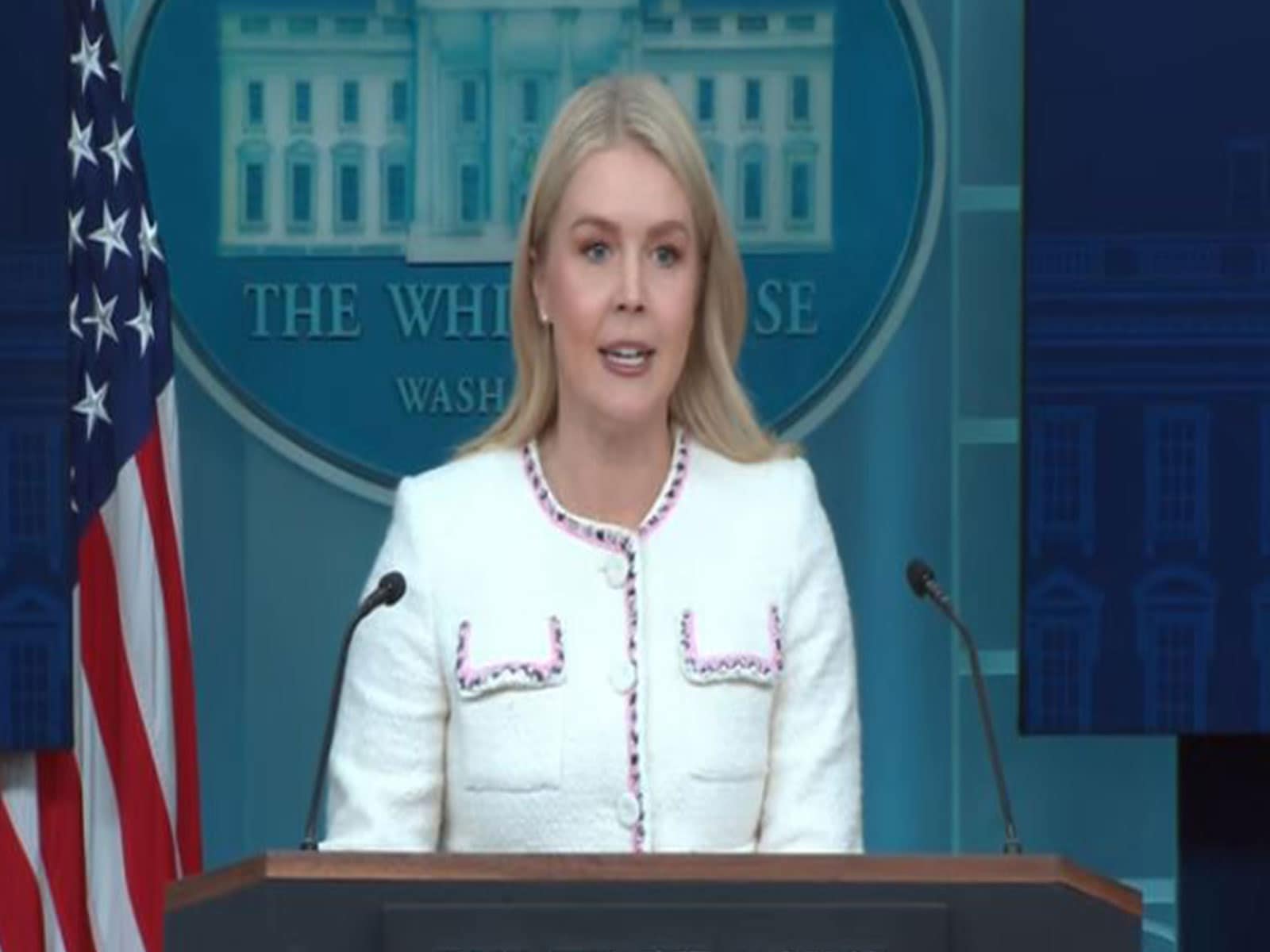White House Defends Proposed $100,000 H-1B Visa Fee Against Lawsuits
This legal battle over a substantial H-1B fee could drastically alter the accessibility and cost of hiring skilled foreign talent, profoundly impacting tech companies and career pathways for visa holders.

Subscribe to our newsletter and stay informed about latest H1B news, policy updates and and other developments.
Article Summary
The White House announced it will defend the proposed $100,000 H-1B visa fee in court, with Press Secretary Karoline Leavitt citing fraud in the system and the administration's priority to protect American workers. This defense comes amidst multiple lawsuits filed by the US Chamber of Commerce, unions, employers, and religious groups, who argue the fee is unlawful and detrimental to US industries. The new fee represents a significant increase from current H-1B processing costs, particularly impacting the IT sector and Indian professionals.
Original Article: financialexpress.com
[ Sentiment: neutral | Tone: factual ]
This summary and analysis were generated by TheNewsPublisher's editorial AI. This content is for informational purposes only; it does not constitute legal or immigration advice.
[ Sentiment: neutral | Tone: factual ]
This summary and analysis were generated by TheNewsPublisher's editorial AI. This content is for informational purposes only; it does not constitute legal or immigration advice.
TNP AI: Key Insights
This proposed $100,000 fee, if upheld, would fundamentally reshape the H-1B program, making it cost-prohibitive for many U.S. employers, especially startups and small to mid-sized businesses, to hire international talent. It signals a move beyond covering administrative costs to potentially using fees as a prohibitive barrier, drastically reducing the number of H-1B petitions filed.
For tech giants, this fee might be absorbable, but for smaller companies and startups, it could effectively end their ability to utilize the H-1B program, forcing them to either scale back or seek talent outside the U.S. This directly impacts career opportunities for skilled foreign workers, particularly those from India who are the largest group of H-1B recipients, and could accelerate the shift of talent to countries with more predictable skilled worker visa programs like Canada or the UK.




